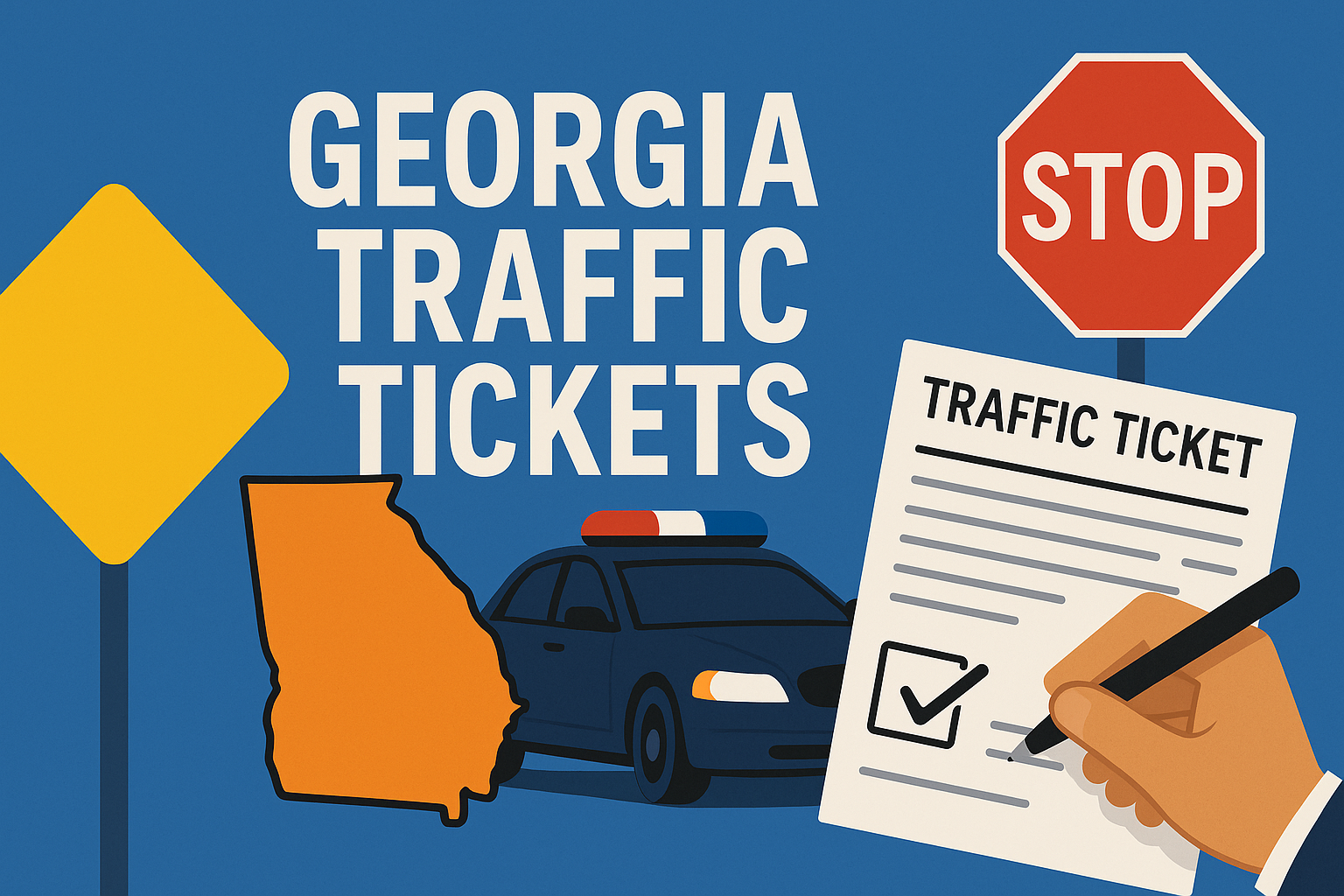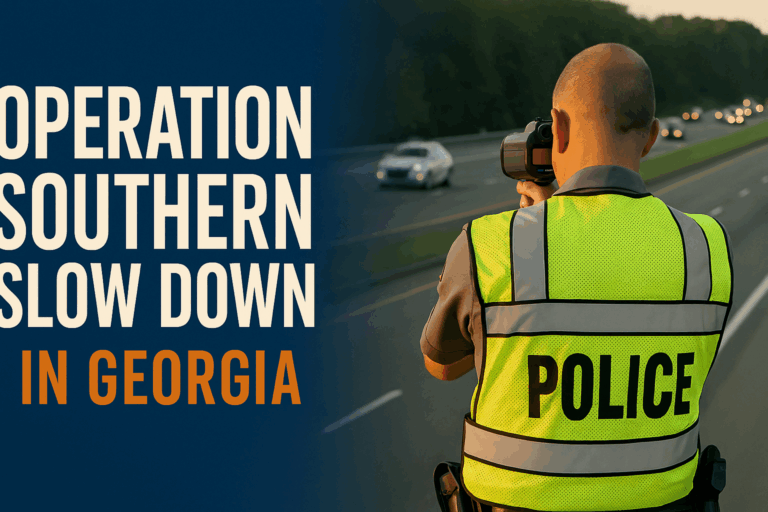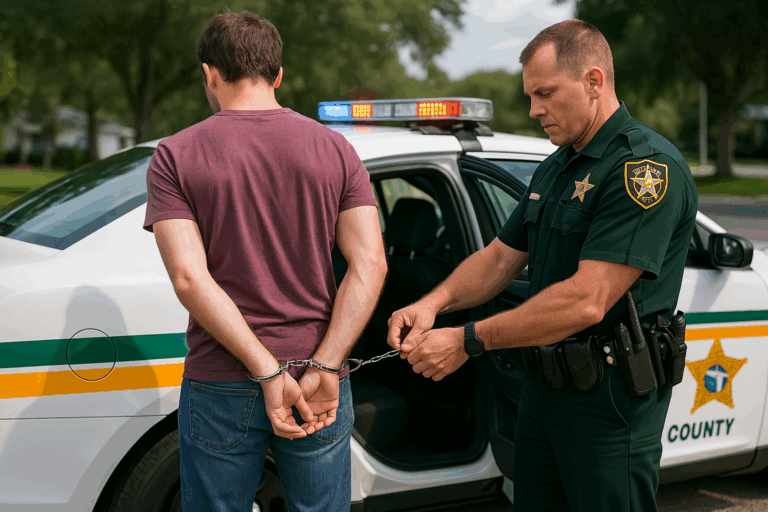Over the last few years, you’ve seen them explode in popularity on streets and sidewalks. While there might be some confusion, in Georgia, electric scooters are perfectly legal to ride on public streets. Further, anyone over the age of 15 can ride them even without a drivers license. That doesn’t mean there aren’t restrictions read on to learn the ins and outs of e-scooter traffic laws. Also, we’ll dive into the differences between mopeds, scooters and e-scooters towards the end of the article.
Where Can Electric Scooters Be Operated?
Electric scooter use is restricted to the following areas:
- Roadways that have maximum speeds of up to 35 mph
- Bike paths
- Bike lanes near roadways
You are prohibited from using a scooter anywhere else and could be ticketed for improper usage on a larger highway. It’s very important to remember that sidewalks are NOT designed for vehicles that can go 30+ mph. It is illegal and dangerous to ride e-scooters on sidewalks so stick to the designated areas!
The Basics Of E Scooters: Who Can Use Them?
Electric scooter use is allowed by almost anyone over the age of 15 in Georgia. But Georgia law mandates that anyone under 16 years of age must use a helmet. It’s strongly recommended to wear a helmet regardless of age, scooter accidents are up dramatically as they increasingly share the same roadways. Despite what you may have seen out there in the wild, e-scooters are intended for ONLY one rider. Riding “double” or with a passenger is against the law.
I Am Expected To Follow Traffic Laws on an E-Scooter?
Of course! Next time you’re cruising on a scooter and tempted to run that stop sign or red light, know that you’re at risk of getting a ticket. Law enforcement will treat you the same as if you’re driving any other type of vehicle. It could be argued that you might want to take even more precaution while driving an e-scooter. Obey traffic laws and reduce your risk of an accident or traffic ticket.
This also applies to cell phone laws:
In Georgia, the distracted driving laws strictly forbid the use of handheld cell phones while riding a scooter. This means no calling, texting, looking for directions, or checking social media. For more details, you can visit this link.
Driving an E-scooter while intoxicated:
While operating any motorized vehicle or E-bike, it is against the law to be drunk or under the influence of drugs. This should not be viewed a “safe” mode of transportation how when inebriated. You can go to jail and put lives at risk (including your own) on an e-scooter. DUI penalties are not any less serious for e-scooter drivers.
What About Parking E-Scooters, mopeds and scooters?
There are specific places where parking your scooter is not allowed:
- Loading zones
- School bus or public transportation stops
- Any parking spot that is for cars
- In the middle of a roadway
- Over a utility hole cover
- In a marked bike lane
- Where it could interfere with the infrastructure of emergency services
- Where it could interfere with stop signs or traffic lights.
- Where it could hinder handicapped access to a building.
One of the biggest issues surrounding e-scooters has been finding a solution to park them all. In general, being a good rider and responsible citizen means following the rules and making sure your parked scooter isn’t an obstruction.
Mopeds Vs Scooters vs E-Scooters
The Georgia Department of Driver Services (DDS) defines a moped as “any motor-driven cycle with an engine not exceeding 50 cubic centimeters.” They are not capable of exceeding 30 miles per hour on level surfaces.
Along with exempting mopeds from insurance requirements and “provisions relating to the registration and licensing of motor vehicles.” Georgia has established specific rules for operating mopeds on Georgia’s roads. Riders must:
- Be 15 years old, have an unexpired driver’s license, instructional permit, or limited permit
- Wear a helmet approved by the Department of Transportation (DOT)
- Comply with all traffic laws governing motor vehicle drivers
- Refrain from using limited access highways or other roads with a minimum speed limit exceeding 35 miles per hour
The DDS defines scooters as vehicles with engines over 50 cubic centimeters (cc) and classifies them as motorcycles. There are additional DDS characteristics designating a vehicle as a scooter:
- It includes a saddle for the rider’s use.
- The vehicle is controlled by the handlebars.
- It is designed to travel with no more than three wheels on the ground.
- It does not have a tractor.
Scooters are subject to the same laws for operation and registration as motorcycle riders. For a motorcycle or scooter license, riders must be at least 17 years of age and pass a knowledge, road skills, and vision exam. The Georgia Motorcycle Safety Program (GMSP) offers a course for potential riders, and those who complete the course requirements do not have to take the exam.
These requirements include:
- Students must use their own scooters. The GMSP does not provide vehicles
- Scooter engines must be smaller than 500cc and larger than 50cc
- Scooters must be owned by the student, registered, and insured. Students must show proof of current registration and insurance.
- Scooters will undergo safety checks and must be determined as street legal
- If students ride their scooters to and from class, they must have a Class MP (instructional) permit
Permit holders cannot ride after dark. For night classes, permit holders would have to use a trailer to get the scooter to and from class.
Insurance Requirements for Scooters
Unlike moped and e-scooter owners, scooter owners and operators in Georgia must carry insurance on their vehicles. The State of Georgia mandates having $25,000 coverage for bodily injury liability per person and $50,000 for each accident. Additionally, policies must include $25,000 for property damage liability per accident.



